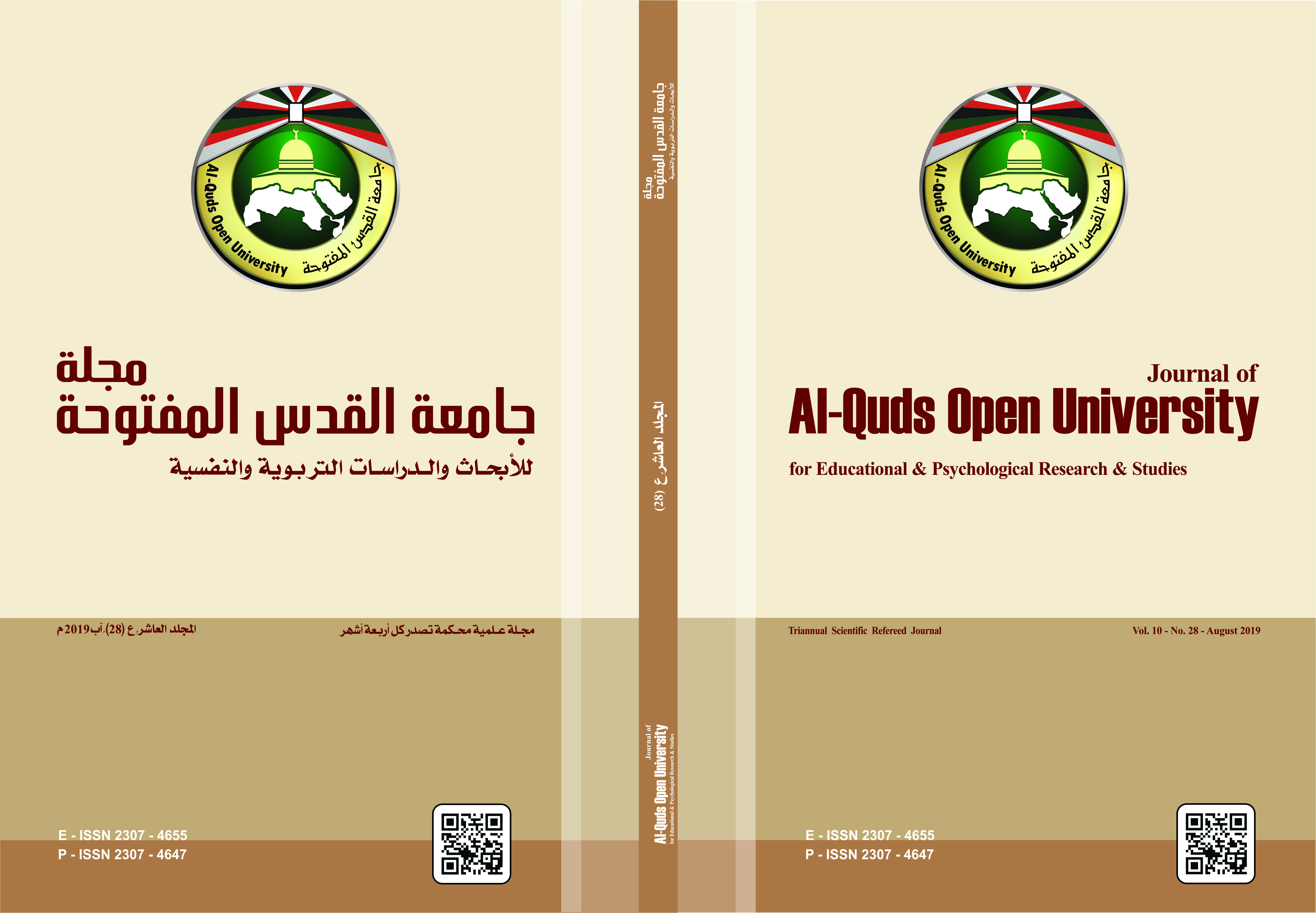An Analytical Study on Pragmatism in Education from an Islamic Point of View
Keywords:
Educational Theory, Pragmatism, Islamic Education.Abstract
The study aimed at analyzing pragmatism in education from an Islamic point of view. The analytical descriptive method was used to address pragmatism’s history, concept, most prominent pioneers, and key principles from an Islamic point of view. Moreover, the study aimed at highlighting the most important educational applications of pragmatism from an Islamic point of view. The results revealed that pragmatism does not believe in the existence of a realm that cannot be realized by senses, and that value is the criterion of knowledge. Moreover, pragmatism believes that values are not fixed nor definitive, but rather a means to an end. On the other hand, Islamic perspective is not characterized by a pure mental perception; it embraces a perception that excites emotions and the feeling of God’s greatness. The results showed that there are many educational applications of pragmatism in terms of educational objectives, curriculum, methods, teacher, learner, and assessment.
The study recommended reviewing educational contents and activities, and reconsidering them from an Islamic educational perspective, especially curriculum, objectives and content that were and still are affected by western influence.
Downloads
Published
How to Cite
Issue
Section
License
- The editorial board confirms its commitment to the intellectual property rights
- Researchers also have to commit to the intellectual property rights.
- The research copyrights and publication are owned by the Journal once the researcher is notified about the approval of the paper. The scientific materials published or approved for publishing in the Journal should not be republished unless a written acknowledgment is obtained by the Deanship of Scientific Research.
- Research papers should not be published or republished unless a written acknowledgement is obtained from the Deanship of Scientific Research.
- The researcher has the right to accredit the research to himself, and to place his name on all the copies, editions and volumes published.
- The author has the right to request the accreditation of the published papers to himself.







2.png)






_2.png)

